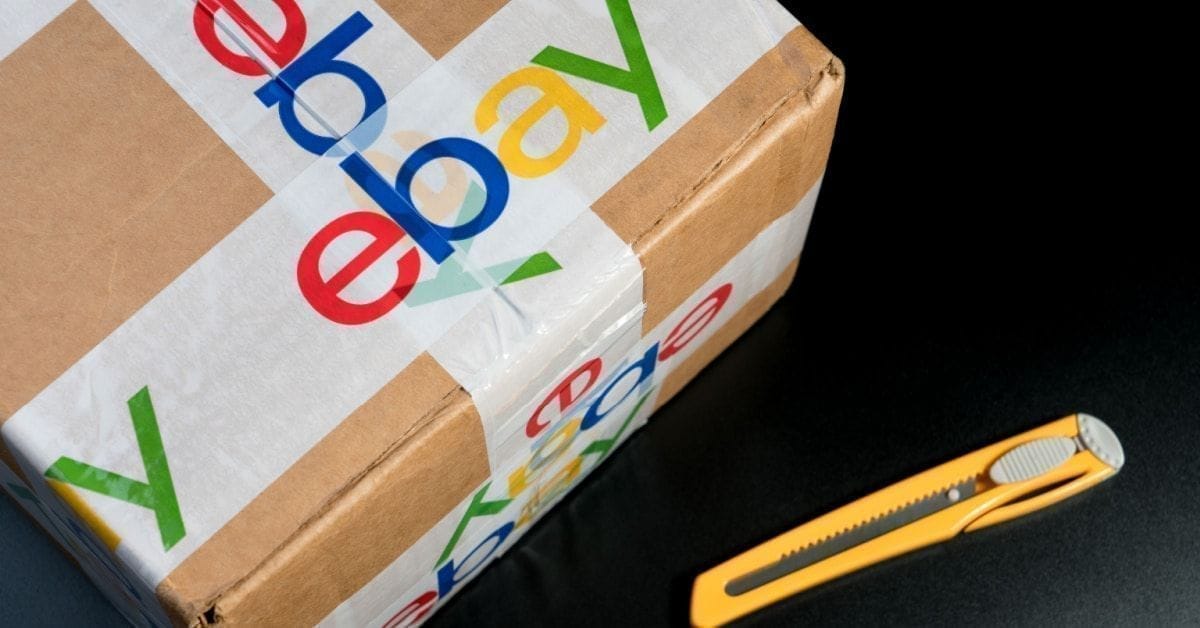eBay Adds AI Coupon Code Suggestions, Shows Coupons In Google Search But Ignores Role Promoted Listings Plays In Uncompetitive Prices
This week's eBay for Business podcast featured Lead Product Manager Avinash Madhavn sharing updates on how sellers can use coupons and other discounting tools to help drive sales - but hosts seem appalling out of touch with how Promoted Listings drive prices up across the platform

Avinash discussed several reasons sellers may want to use these different tools and which tools work best depending on your business goals - whether you're trying to clear out old stale inventory, increase order size per transaction, or build customer loyalty.
After reviewing all the various ways a buyer might be shown your coupons or markdown sales across the eBay site, he also revealed that eBay is now surfacing seller coupons in Google search results.
...and then finally we are now surfacing a seller coupons and Google search results, which has been shown to increase the click-through rate on eBay items, thereby enhancing a visibility and engagement with items involved in sales and coupons.
So basically if you're running a coupon on one of your listings, the coupon code will start showing up on Google search. So it's sort of free marketing for your listing. It's on Google. So when someone is searching an item on Google and then they see a listing and there's a coupon code, we saw that people are more likely to click on listings with a coupon code. So that's again a powerful implement that we made.
Of course, no discussion about seller tools on eBay would be complete without at least some mention of AI and while it may not be a dazzling, magical application of the tech, it sounds like it could be helpful for those times when you struggle to come up with a creative (and unique/not already used) coupon code.
Avinash: Another cool feature we launched recently is an AI powered feature for coupons. So we heard time and again from sellers that when creating a coupon, it's always challenging for sellers to pick a unique coupon code .To solve that problem, what we did was we launched a new feature powered by AI that suggests personalized coupon code for sellers.
We take into consideration seller's store name seller's, inventory seller's past used codes to identify what seller likes and suggest coupon codes that really work for them.
Griff: The code is the name of the coupon, that's what's broadcast.
Avinash: Exactly.
Griff: Yeah. I've always found that challenging. What do I name this coupon that makes it stand out as mine and it has to have a unique identifier each one.
Avinash: Yeah, exactly right. That's, that's been a pain point from sellers and we listened to that and acted upon that.
Here's what the AI coupon code suggestions look like in the wild when creating a coupon:
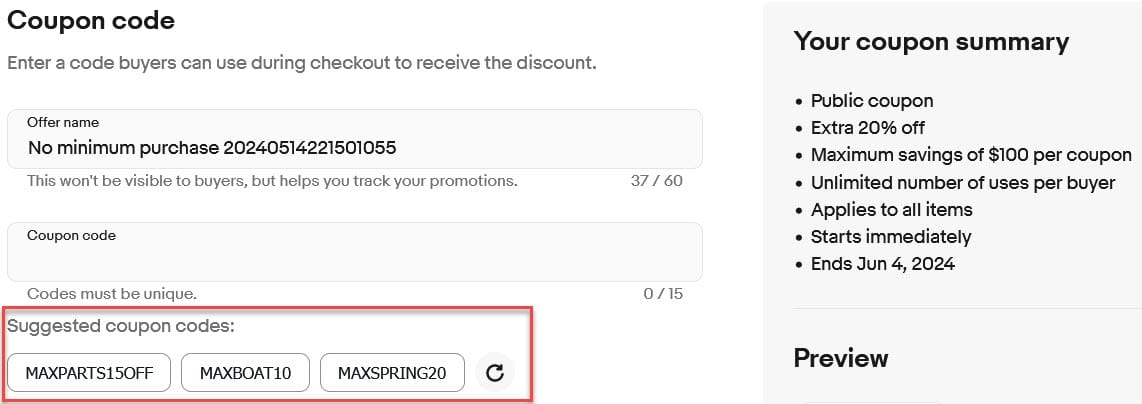
In addition to bringing more markdown and discount tools to the Active Listings page to help streamline the process, Avinish says his team is working on adding performance metrics related to how promotions are performing to help sellers understand how promotions are working for them.
Podcast hosts Griff and Kayomi addressed a burning question about Promoted Listings in the Q&A segment this week, stately emphatically that the idea sellers must use Promoted Listings to achieve visibility on the site is an urban myth.
Griff: There are quite a few urban myths circulating around the social innerwebs when it comes to eBay and one of them is that you must promote your listings on eBay in order to make sales. And I just saw this one again pop up in another eBay selling group on Facebook.
And I have to tell you right off the bat, this is not true. You don't have to promote to be seen necessarily. We don't hide unpromoted listings. In fact, we don't hide any listings for that matter. I always wonder when someone says that, what would be the benefit to eBay in hiding inventory? It's the whole point of the marketplace.
Kayomi: I know and we are a third party market, like we are not competing with them. So it's not like we are boosting some posts that we have and we are controlling on our end. So yeah, there is no benefit to us.
Kayomi may want to go check out the eBay-owned subsidiary TCGPlayer store that is currently selling collectible card game trading cards in direct competition with 3rd party sellers and with no disclosure to consumers that they are buying from eBay before she makes any more claims about not competing with sellers - yikes!
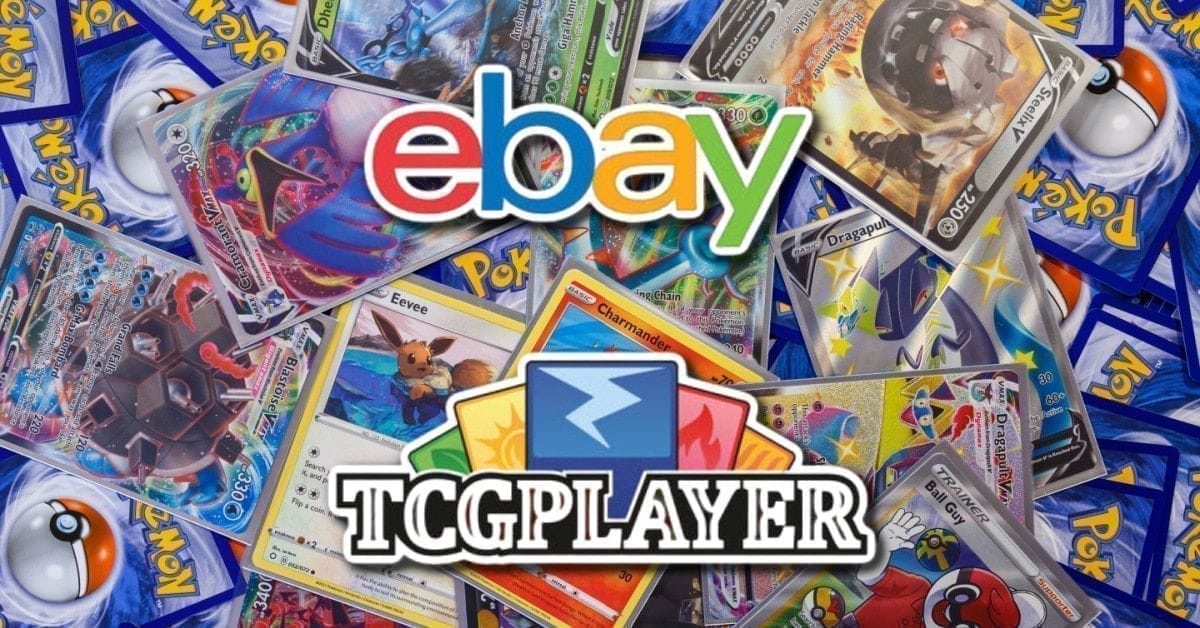
Griff and Kayomi then went on to say if sellers' promoted or non-promoted listings are not selling well, it's likely due to some fault in the listing or....that the price is too high.
Griff: ...even though there might be a demand, it has to be priced competitively...
...and I can't tell you how many times I see sellers that have listed items promoted them 'cause they're in showing up in choice placement and they're overpriced, they're not gonna sell and they have to be presented in a way that appeals to buyers and and instills trust. So you want to make sure you're employing all the best practices that we talk about all the time. Really good photos, reasonable shipping prices, customer focused return policies, all that.
Kayomi: That's so true, Griff because whenever I hear from a seller who complains that one of their promoted listings isn't selling, I can almost always find a lack of one or more of these three important points. The most common reason is due to a listing whose price is higher than most other listings for this same item. And in fact, an overpriced promoted listing probably helps sell unpromoted listings for a lower price.
Griff: Yeah. So if you're doing a search for a particular item and your item, which is overpriced, is showing up at the top, just because it's at the top doesn't mean those lower priced versions of the same item don't appear. And that's gonna say, oh, that listing up there is too expensive. I'm gonna go down and find a less expensive one.
Someone please tell me they aren't serious with this gaslighting nonsense.
eBay has spent the last few years driving sellers to promote at higher and higher rates to feed their insatiable desire for more ad revenue.
From over 100 ads plastered on every item page, ever expanding placements in search, to doling out free ad credits to get sellers hooked, using ethically questionable dark design practices to trick sellers into signing up for Cost Per Click ads, massively expanding which sales have ad fees applied with Halo Attribution and more - eBay is on a mission to keep the ad rev rolling in to satisfy Wall Street!
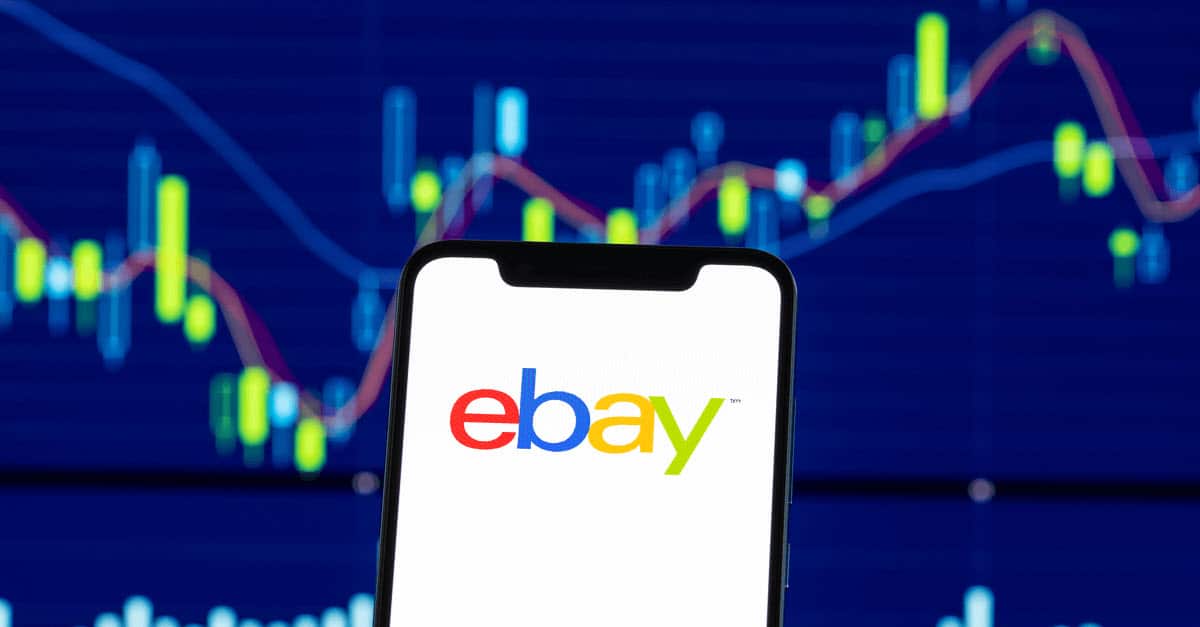
1st Party Promoted Listings ads delivered $370 million of revenue in Q1 2024, with total advertising offerings generating $384 million of revenue in the quarter, representing 2.1% of GMV.
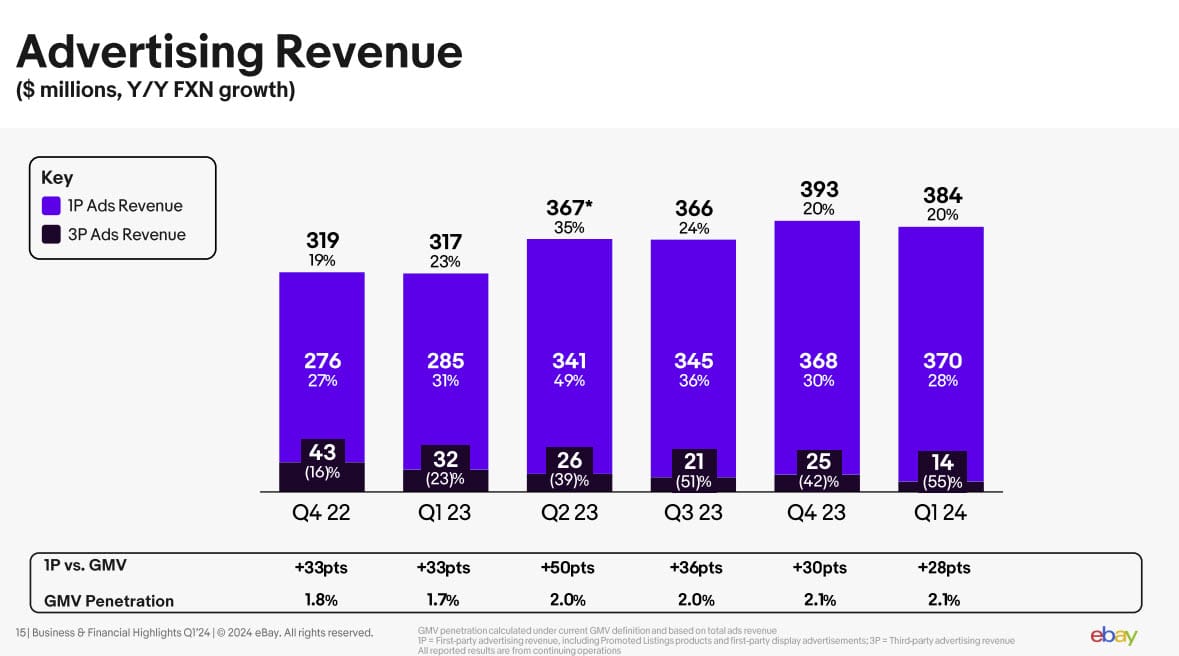
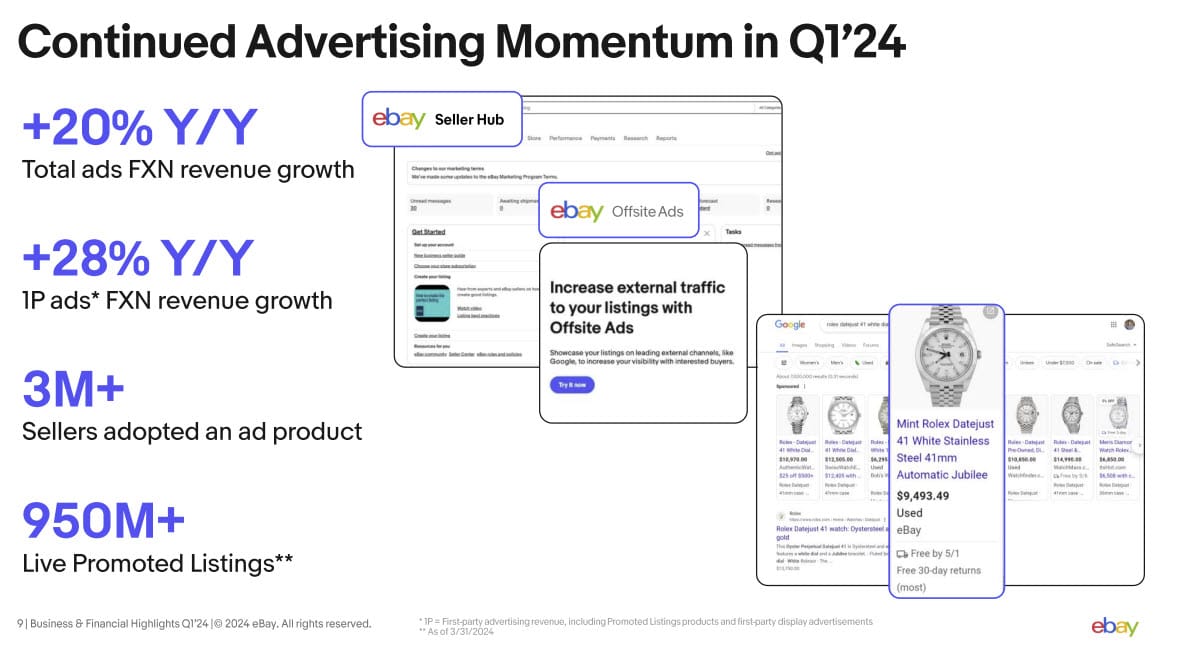
Given the ceaseless march to the drum beat of "more ads" in the last year, can eBay really be surprised that prices have gone up to compensate or did they honestly expect sellers were going to eat those increased costs and not pass them on to consumers?
eBay has also been taking aim at "uncompetitive" pricing in the form of shipping costs, defaulting seller setting to pass discounted rates on to buyers in an attempt to attract more sales - at a direct cost to sellers who will still be paying Final Value Fees on shipping.
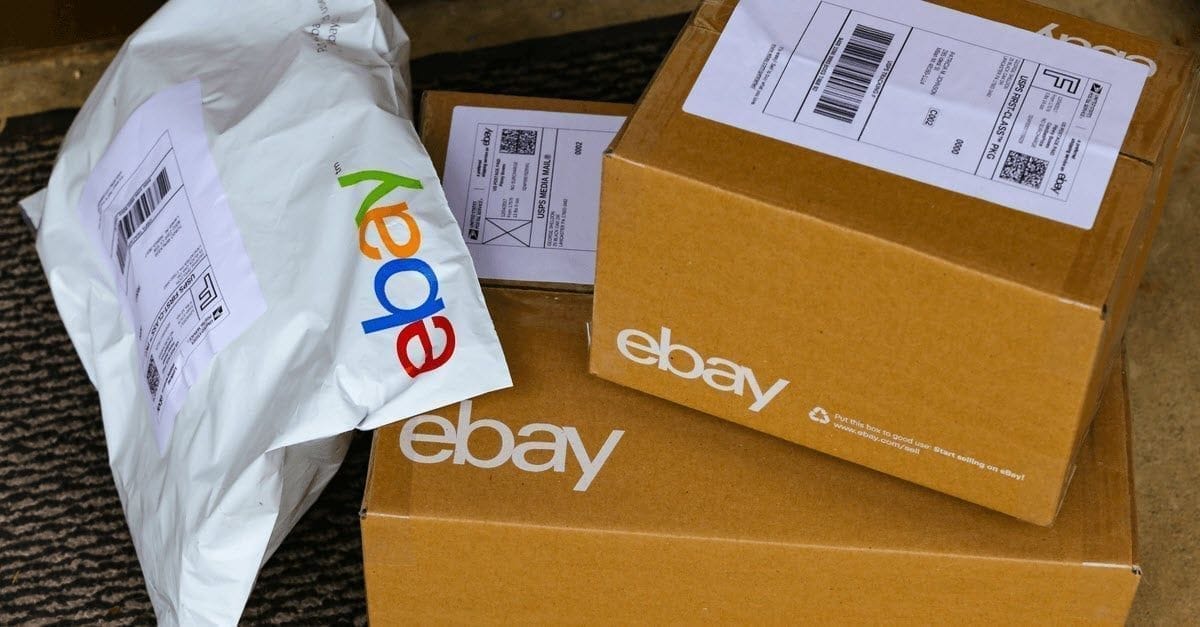
Sellers are pushing back on attempts to wrangle them into accepting lower profit margins and eBay had up to know simply been ignoring the giant Promoted Listings sized elephant in the room.
It's disappointing, but not surprising, that rather than taking accountability for the ravenous ad rev monster they have created, eBay prefers to try to pass the buck once again to sellers by telling them low sales are their own fault for "overpricing" and they should simply be thankful to take a smaller piece of a dwindling pie.



